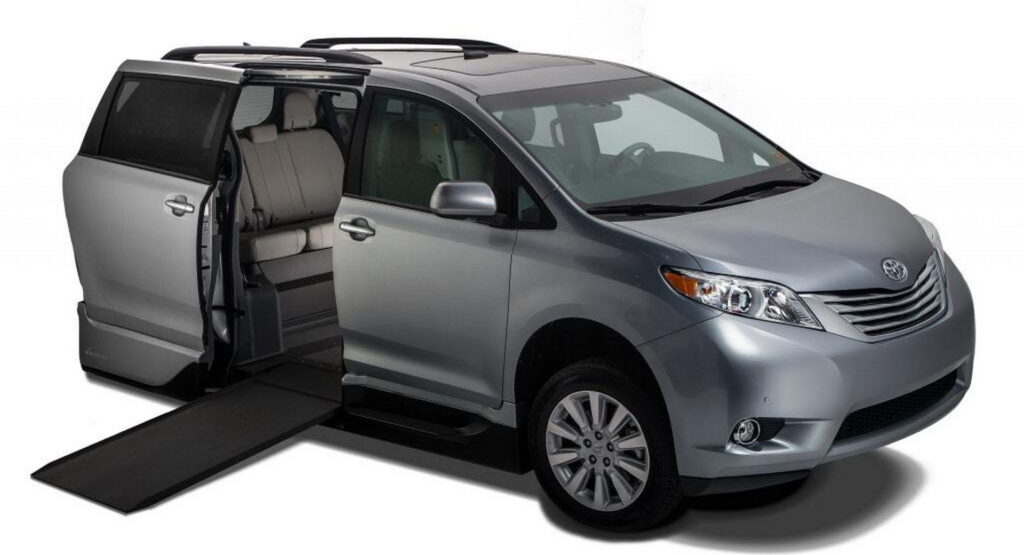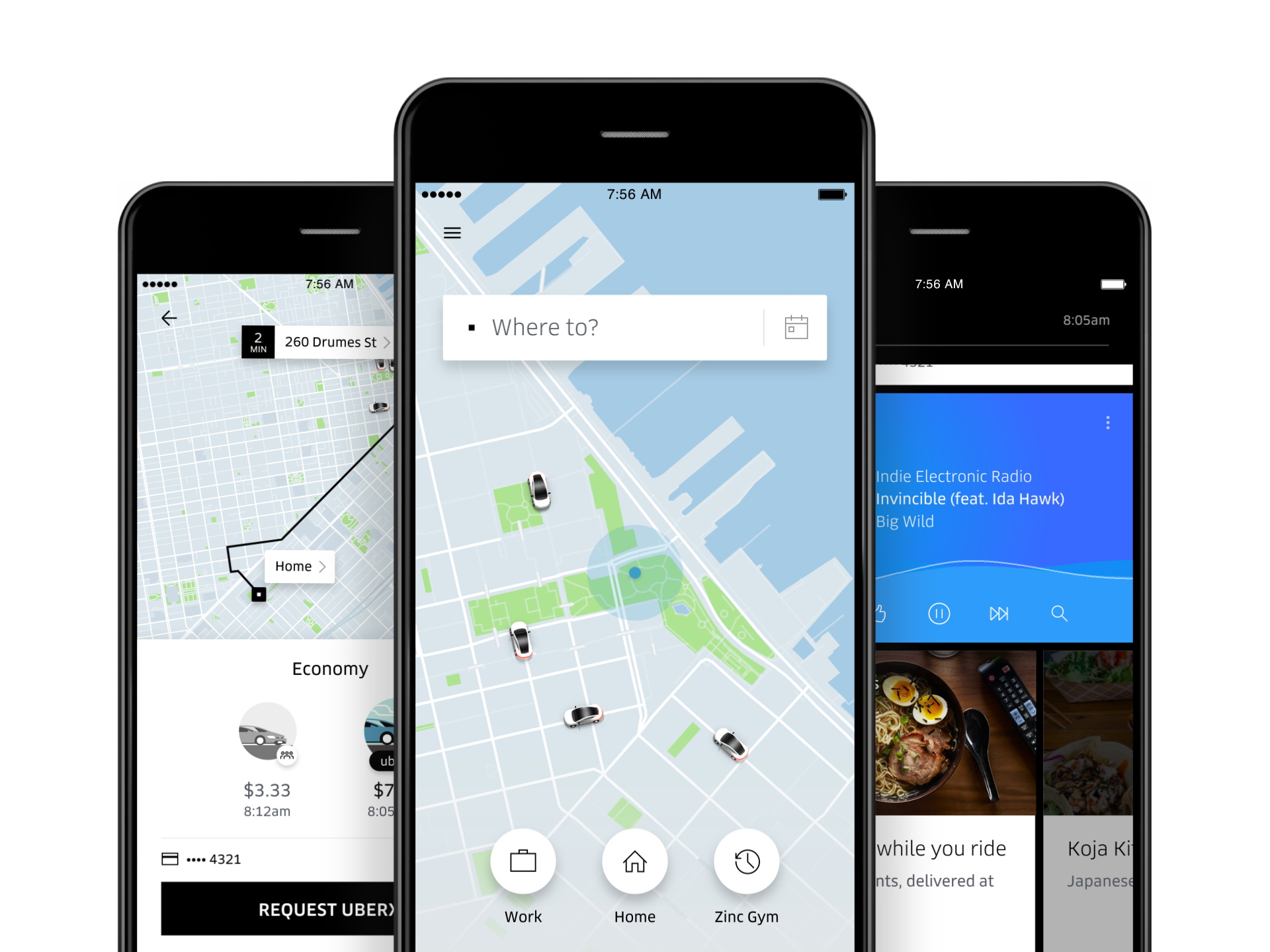Uber’s decision not to offer wheelchair-accessible rides in every U.S. city is not a violation of the Americans with Disabilities Act (ADA), a federal judge ruled this week.
The case was brought to court by two motorized wheelchair users whose chairs can’t be folded and placed in a trunk. The plaintiffs, one from New Orleans, Louisiana, and the other from Jackson, Mississippi, claimed that Uber was in violation of the law that prohibits businesses from discriminating against people based on their disabilities, reports The Verge.
Uber, though, argued that it would be prohibitively expensive to offer wheelchair services in every city. Chief Judge Richard Seeborg of the federal court in San Francisco agreed, ruling that the plaintiffs did not provide sufficient evidence to prove that Uber could run a cost-effective wheelchair-accessible service in the cities.
Read Also: MINI Shows Specially Converted Cooper SE For People With Disabilities
“The anticipated cost here is too high for the limited service that would result, making the proposed modification unreasonable,” the judge ruled.
Scott Crawford, the plaintiff from Jackson, told The Verge that the judge was putting the burden of figuring out the business case for Uber‘s wheelchair service on disabled people, which he described as “backwards.”
“It’s disappointing that today, on the 32nd Anniversary of the Americans with Disabilities Act, that a big corporation is left free to discriminate against people with disabilities in the capital (and largest metro region) of the State of Mississippi,” Crawford said.
An Uber spokesperson, meanwhile, told the outlet that the company welcomes the outcome of the case and is “proud of [its] efforts to improve accessibility for all users, including through Uber [wheelchair-accessible vehicles].”
The company’s record with disabled customers is not unblemished, though. Just last week, the company was ordered to pay over $2 million to disabled riders after its wheelchair-accessible vehicle service was found to be charging passengers wait fees.
The Department of Justice announced that the company had to reimburse more than 65,000 riders for charging them fees that start to accumulate if a passenger takes more than two minutes to board a vehicle. Advocates had long argued that the policy affected disabled customers disproportionately.






